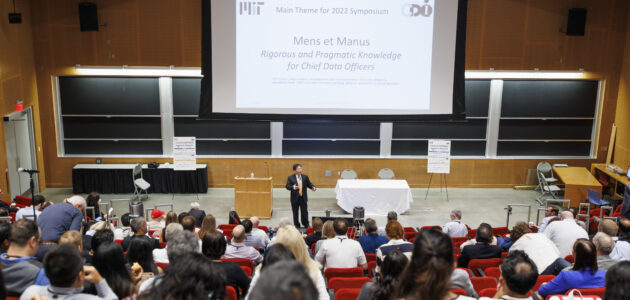
Session 15-D
Facilitating Innovation in a Post-COVID19 World
Renaissance philosopher and writer Machiavelli has been quoted as saying, “I’m not interested in preserving the status quo; I want to overthrow it.” The importance of respecting personal space and practicing impeccable hygiene aren’t the only lessons learned from COVID-19. If anything, we saw the incalculable value of innovative thinking, because that global pandemic certainly provided enormous motivation to leave the status quo behind. That said, how do you overthrow the status quo without sacrificing quality and security in the process? Learn the three key words needed (Recognize, Resolve, and Respond) to strike this delicate balance in this challenge for CDOs and others to shift paradigms, facilitate innovation, and be catalysts for change rather than antagonists. Did COVID-19 make you see the need to adopt a more agile way of thinking? Where is your data management strategy now? Where do you want it to be now that this worldwide crisis seems to be behind us? Do you intend to get it there by using the same methods that haven’t worked? It has been said that the definition of insanity is doing the same thing over and over but expecting different results. Is that how you want your legacy to be remembered? Do you project an image of being part of the problem or part of the solution? In this session, determine how to be a catalyst for change (facilitating innovation) and NOT an antagonist (frustrating innovation) and discover three types of flexibility in leadership and work/life balance needed to make that happen in the aftermath of COVID-19.
Speaker

Dr. Joe Perez
Senior Systems Analyst at NC DHHS, Chief Technology Officer at Solontek Corporation